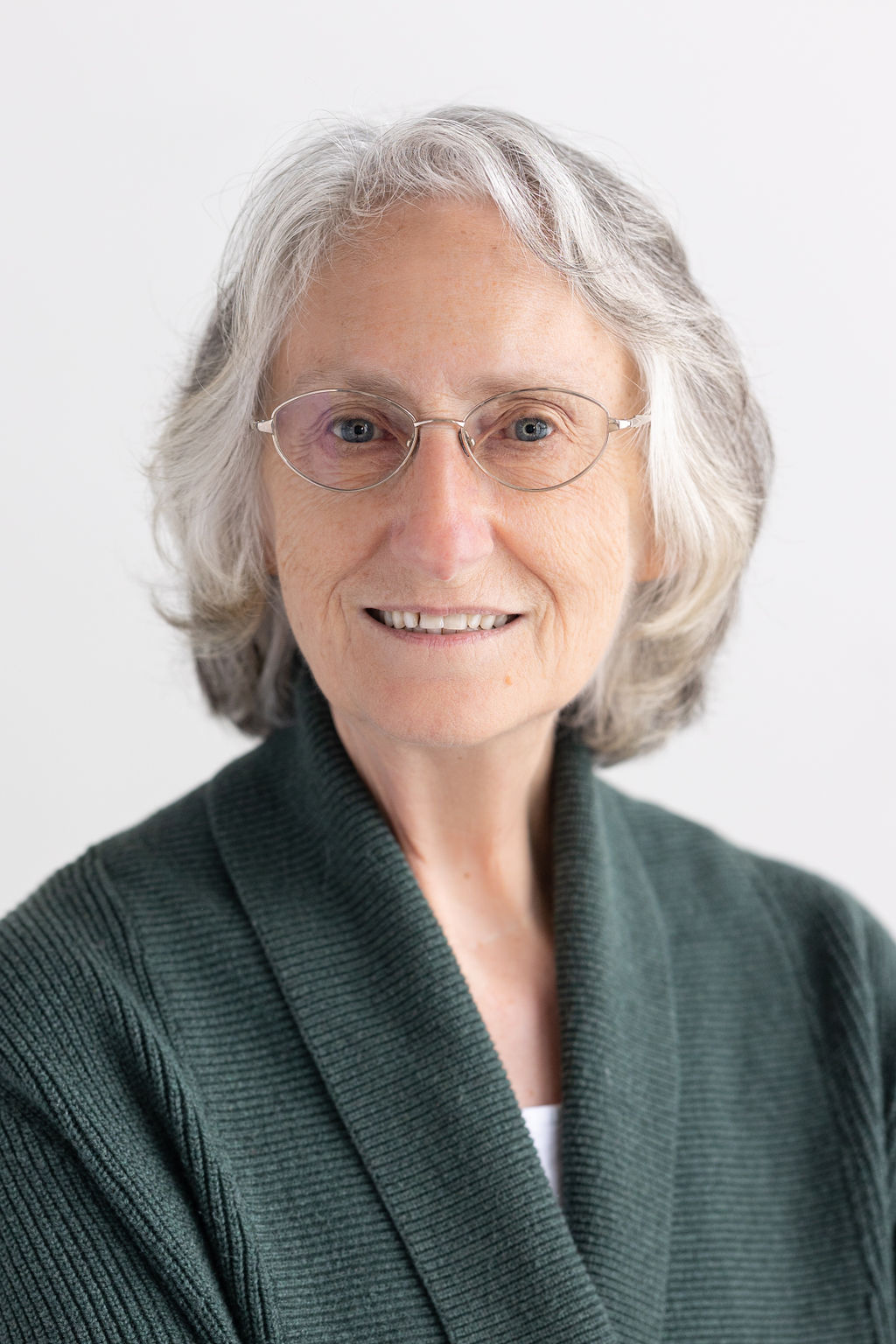
April 22, 1960. Mother and I arrive in Windsor to join my father. My sense of alienation in this new world resurges with each experience. New house. Adjust. New school. Adjust. All expected, at least in theory. In reality? Strange. Two unexpected occasions etch in my memory.
That first Saturday, my father takes me to the local farmer’s market. It’s held under a building in what looks like it might be an underground parking lot during the week, although there are no painted lines on the concrete.
Looking back years later, it wasn’t a large market, but that day, I stare with my mouth open. Stalls as far as my eye can see. Vegetables, meats, breads. And the colors. Vegetables in green and red and orange and yellow. Bright red meet. Loaves in tan or dark brown. I’ve never seen anything like it in my life. I follow my father from stall to stall, listening to his banter with the farmers in whatever language they speak–English, French, Italian, Hungarian, Polish. He bargains, he pays, he puts more and more in our bag. We go home and feast for Saturday lunch.
A month after our arrival, we go to a restaurant for the first time. I order spaghetti and receive a plate so filled that the pasta hangs over the edges. Doggy bags aren’t yet invented and I’m terrified that I can’t finish it. Not to finish my plate would be a sin. I struggle on, see my mother suffering from the same fate with her plate of stew. My father, a huge eater, has no trouble finishing his steak. Mother and I struggle on. Eventually, Mother says “you may leave it” and I stop eating with relief. But my guilt returns when we stand up to go. My horror rises as I see other customers leaving food on their plates, too. How can this be?
Only a few years separate 1960 Britain from the world of rationing. World War II ended, rationing went on until 1953 and our parents, after a depression and a war, know that the next meal might never come. I and my friends knew to finish what was on our plates. If we couldn’t, if “our eyes were bigger than our tummies,” the plate of food was stored in the larder and presented to us at the next meal. No matter how unappetizing, we were required to finish one plate before being served with another. No plate had as much food as the plates in my first Canadian restaurant.
My mother isn’t happy. All the way home, she explains how she doesn’t understand how restaurants can serve so much food to each person, how wrong it is, how we’re never going to a restaurant again. She won’t participate in such behavior, such choices. We didn’t go to another restaurant for years, not until after the doggy bag came into existence.
Even now, decades later and a country difference, I still feel as my mother did. I still don’t understand food waste or how people can assume that their next meal will always be there. Yet, here, in the U.S. in the twenty-first century, we have new terms–“food desert,” “food insecurity”–and I know I am on the upper side of the economic gulf. Today, I see grocery prices rising due to impending inflation. I will be able to absorb the increases. Those living on the edge will fall off or go hungry more than before.
I can send money to food banks. I can serve meals at shelters. But I can’t solve the economic gap and I can’t convince people around me, those with means, to change how they think. I can only work on my own family and try to instill a respect for the gift of food that comes before us at our own meals.
